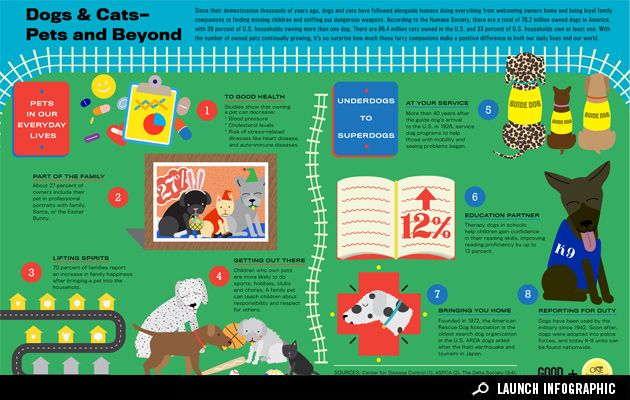How To Spot Quality Dog Daycare
How To Spot Quality Dog Daycare
Blog Article
Can Pet Childcare Reason Health Problem?
Canines in daycare obtain great deals of exercise, socialization with various other pet dogs and special experiences. This can be especially helpful for pups and pet dogs with behavioral issues.
There are numerous legal considerations you need to take into consideration when beginning a dog childcare business. These include the structure of your company and compliance with federal government guidelines.
1. Pooch Distemper
Canine distemper is spread out through direct contact with the bodily fluids and waste of an infected canine, however it can likewise be sent using common water and food bowls or via air-borne beads. This very contagious illness is most harmful for young puppies, however it can affect canines of any type of age and is fatal for many if left without treatment.
Preliminary signs of canine distemper commonly resemble an acute rhinitis, consisting of runny eyes and nose with watery or pus-like discharge. As the condition progresses, a dog will develop high temperature, coughing, lowered cravings, throwing up and looseness of the bowels. The infection can likewise assault the nerves, leading to seizures, jerking and partial or total paralysis.
Credible day cares minimize direct exposure to infection by needing vaccinations, routine health examinations and follow strict hygiene protocols. If your dog appears excessively worn out or hopping, a day of rest may help him recover, but you need to stay clear of taking him back to childcare up until these signs clean up.
2. Kennel Cough
Kennel cough, additionally called contagious canine tracheobronchitis or Bordetella, is an extremely infectious viral or bacterial disease that affects the respiratory system system. It's frequently transferred through the exchange of saliva or air droplets that an unwell pet dog breathes out. Social canines are at greater threat for infection because of their regular interaction with one another, such as when they play, share food or water, smell each other or just meet in a crowded setting like a pet dog park or day care.
The most common symptom of kennel coughing is a consistent and powerful cough that seems like something embeded the throat or retching. Typically, canines will divulge foamy white phlegm. If left neglected, a canine can develop pneumonia and go to severe risk for life.
A reliable childcare center ought to have strict cleansing and cleanliness protocols, disinfect all playthings, food and water bowls frequently, and be open about their inoculation plans. Keeping your pet as much as date on their inoculations, particularly for bordetella and canine influenza, will greatly lower their possibilities of contracting the ailment.
3. Parvovirus
Canine parvovirus, or parvo, is an extremely contagious viral ailment that can be dangerous for puppies and young person pet dogs with poor body immune systems. It's most frequently spread by straight contact with contaminated pet feces-- which can occur when dogs smell, lick, or taste contaminated feces-- and indirectly from polluted people, items, or environments (like kennels, brushing rooms and grass). Young puppies and dogs without total vaccination backgrounds dog kennels near me are especially at risk to parvo.
The virus is exceptionally durable, surviving in the setting for as much as nine years, and can quickly be transferred in between canines by contact with feces or on shoes, garments, and bedding polluted with parvovirus. If not dealt with immediately with IV liquids, electrolyte equilibrium, vomiting control drugs and prescription antibiotics to prevent additional microbial infections, a canine will swiftly dehydrate and create severe looseness of the bowels, which leads to shock and blood poisoning. Parvo is difficult to treat once a pet dog has actually ended up being ill, yet with suitable vet care, lots of puppies do survive this ailment.
4. Dog Flu
Canine influenza infection is highly infectious and spreads via direct get in touch with, sharing food and water bowls, licking or nuzzling various other canines, via airborne beads, and via contaminated surface areas. Inoculation is effective in lowering the risk of infection and break outs.
Most impacted pets develop a moderate respiratory system infection with a cough that lasts 1-3 weeks. They may likewise have nasal and eye discharge, sneezing, and lethargy. A few of one of the most significant cases lead to pneumonia and a high fever.
If your pet dog exhibits any of these signs, do not bring them back to childcare until they are healthy. If your dog is showing indications of severe fatigue or limping, talk with your vet right now and see to it they are on health supplements to assist construct their immunity. A veterinarian will certainly evaluate your canine for signs of the influenza by taking a sample from the nose or throat, and blood tests can be done to verify.